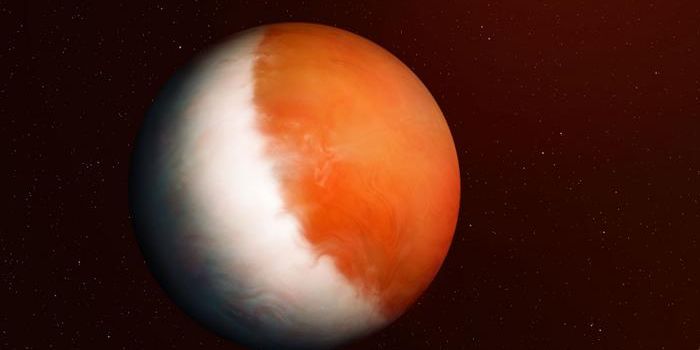Astrobiology - How We Can Study Potential Life in the Universe
What is astrobiology? Breaking it down, you see the word “astro” and you immediately relate it to “space”, now you see the word “biology” and you can guess that it means “life”. Putting them together and you get “space life” or “life in space”, or taking it even further, “life in the universe”. Now, that’s where it gets tricky since we have yet to find life anywhere outside of the Earth. But that doesn’t mean we’re not looking for it.
As stated, astrobiology is the study of life in the universe, but in doing so it encompasses so many scientific fields to make it work. Much like the field of physics has the sub-disciplines of astrophysics, quantum physics, and particle physics, just to name a few, astrobiology requires the fields of not only physics, but also astronomy, planetary science, geology, biology, chemistry, atmospheric science, and even aerospace engineering. It is using these many disciplines that allows astrobiology to work as a whole.
Regardless of us not finding life beyond Earth (yet), it is the job of astrobiologists, as they are called, to locate the best planetary bodies outside of Earth where we could possibly find life, either as we know it or not as we know it. Some of those potential targets are even right here in our own solar system. These include one of Jupiter’s moons, Europa; two of Saturn’s moons, Titan and Enceladus; and even Neptune’s largest moon, Triton. Targets outside our solar system include Earth-sized exoplanets such as the TRAPPIST-1 system, which hosts at least one Earth-sized, terrestrial world.
In summary, astrobiology is studying how life might exist in the universe, and you don’t necessarily need to major in 17 different subjects to be an astrobiologist. We might find life in our own solar system, and we might find it in another solar system. The field of astrobiology is constantly evolving, so feel free to branch out and seek as many opportunities as possible to achieve greater heights in this ever-changing field.
Sources: University of Washington
As always, keep doing science & keep looking up!









